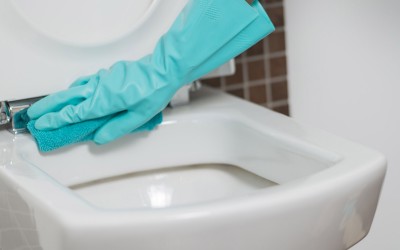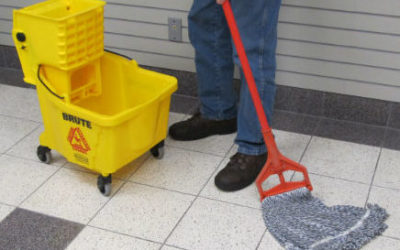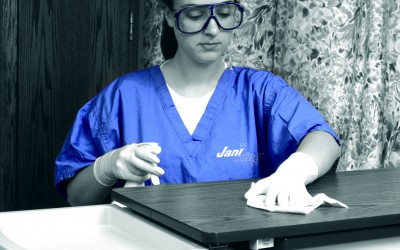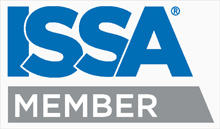CRE: Facts, Infection, & Prevention
|0 Comment
Enterobacteriaceae are a group of bacteria that include Salmonella, E. coli, Klebsiella, and Enterobacter. These kinds of bacteria often can live inside the body as a normal part of the intestines. However, when they become resistant to certain antibiotics, they can cause serious infe









